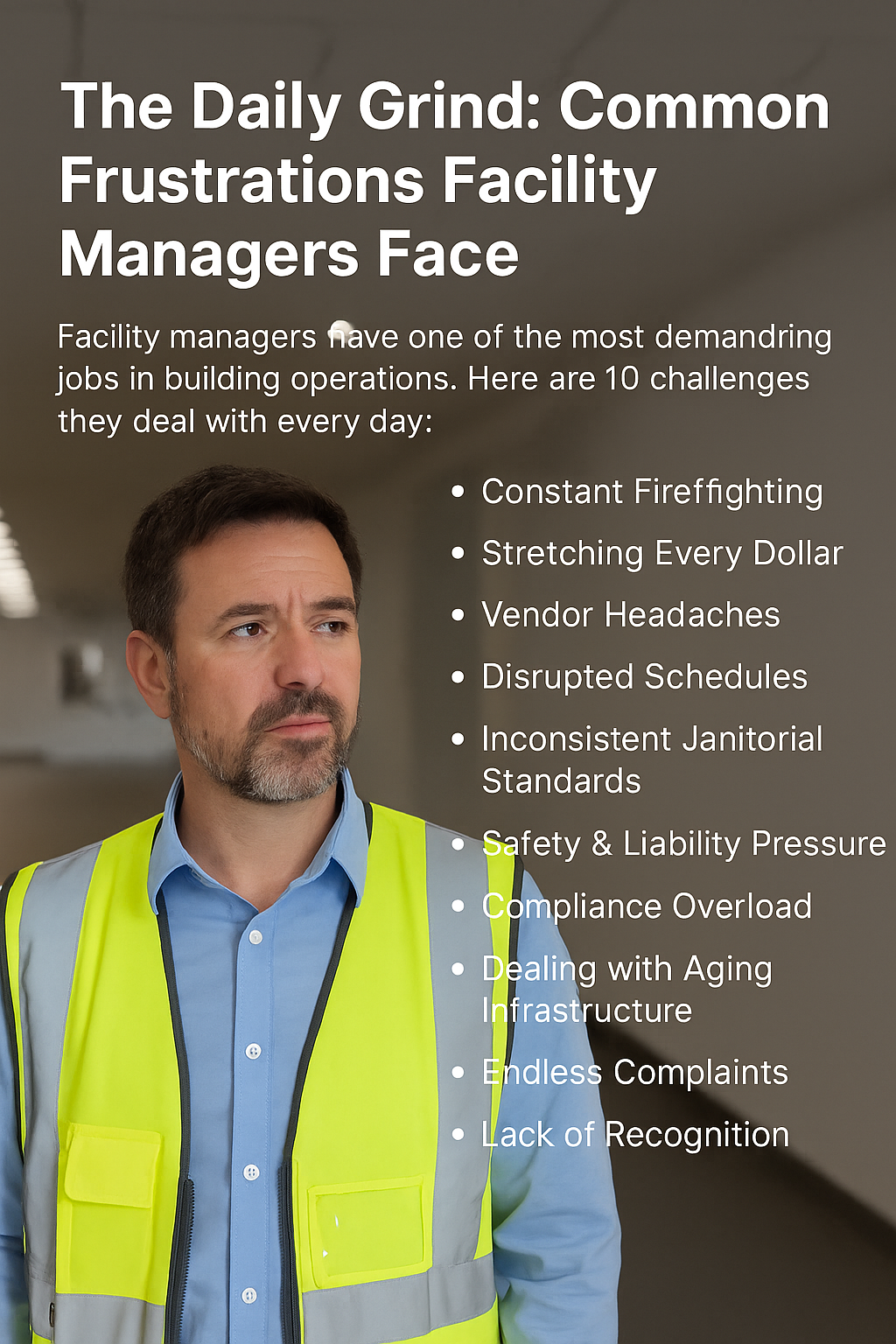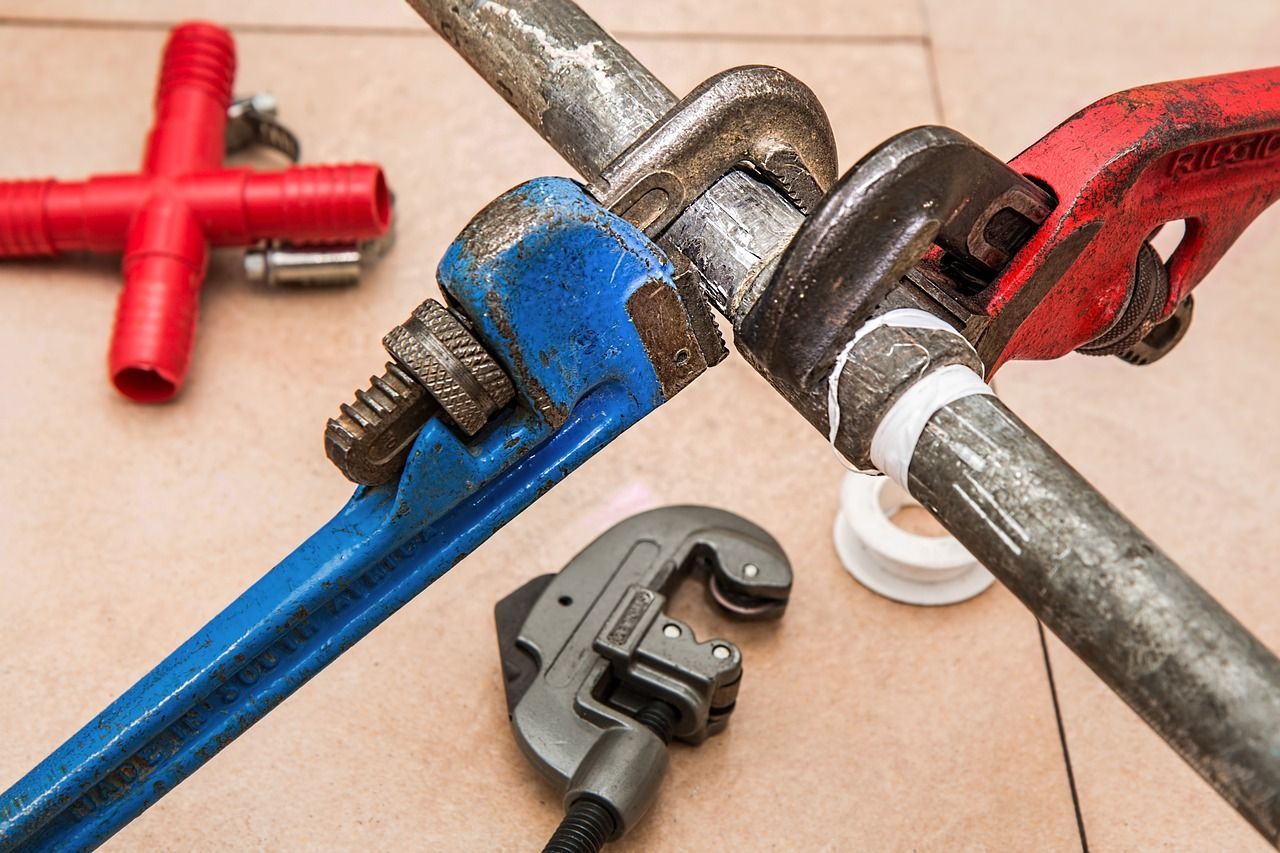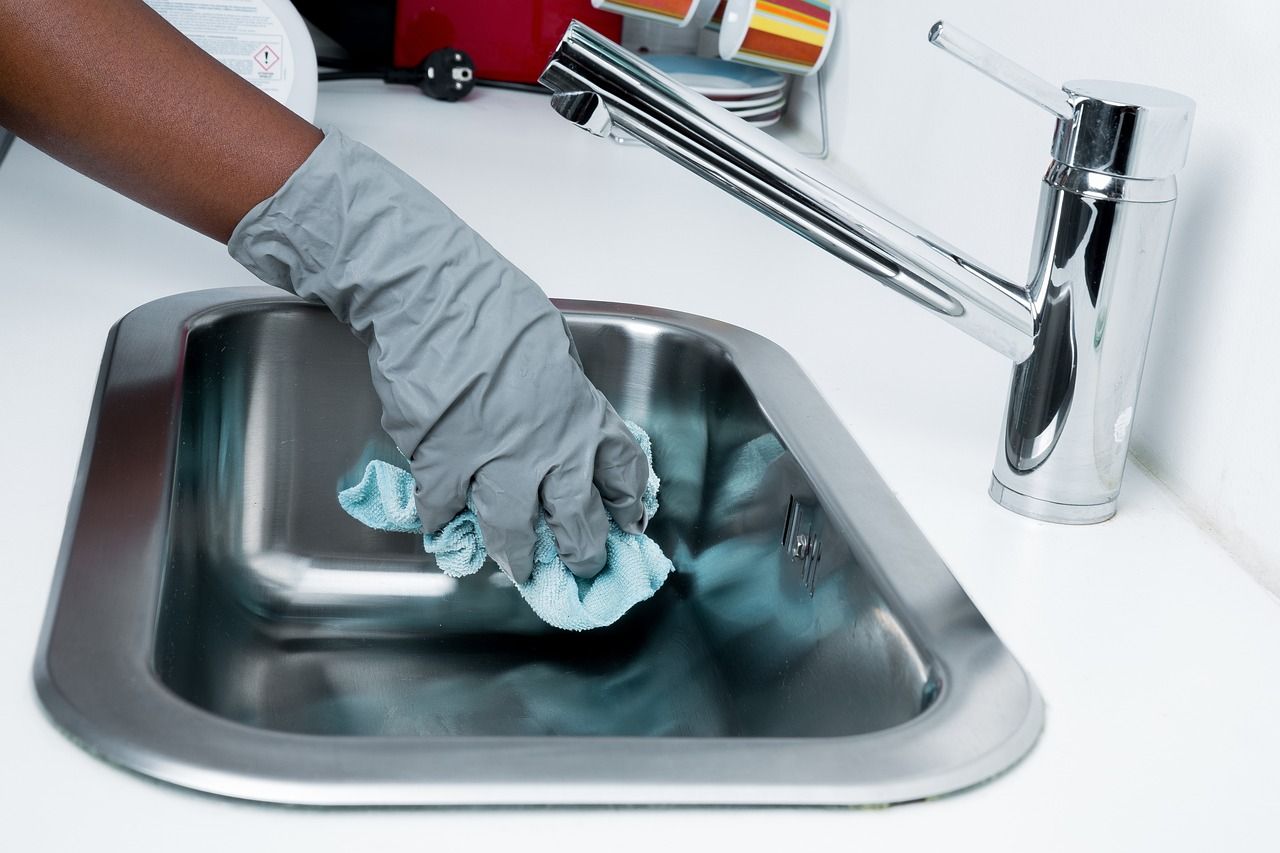The Unsung Heroes of Business: Commercial Facilities Managers
They keep the lights on, the heat flowing, and the coffee brewing.

But commercial facilities managers (FMs) often go unnoticed, toiling behind the scenes to ensure a smooth operation for the businesses that occupy their buildings. Yet, their role is crucial for any organization that relies on a physical workspace.
Who is a Commercial Facilities Manager?
A commercial FM is a jack-of-all-trades responsible for the overall well-being of a commercial facility. This can include everything from:
- Maintaining the physical plant: Ensuring HVAC systems are running efficiently, overseeing janitorial services, and addressing any maintenance issues that arise.
- Managing budgets and contracts: Negotiating with vendors for services like cleaning, security, and landscaping.
- Ensuring safety and compliance: Regularly inspecting fire alarms, sprinkler systems, and other safety features. They also need to stay updated on building codes and regulations.
- Space planning and optimization: Creating efficient layouts for office spaces, conference rooms, and common areas. They may also oversee renovations or remodels.
- Sustainability initiatives: Implementing programs to reduce energy consumption and waste.
- Why are Commercial Facilities Managers Important?
Effective facilities management has a ripple effect throughout a business. Here's why FMs are essential:
- Increased productivity: A comfortable, well-maintained work environment leads to happier and more productive employees.
- Reduced costs: Preventive maintenance can save money in the long run by preventing costly repairs down the road. FMs can also identify opportunities to reduce energy consumption.
- Improved employee satisfaction: A clean, safe, and functional workspace contributes to a positive employee experience.
- Business continuity: By ensuring all systems are operational, FMs help to minimize disruptions and keep businesses running smoothly.
- The Skills of a Successful Commercial Facilities Manager
Commercial FMs need a diverse skillset to succeed. Here are some key qualities:
- Technical knowledge: Understanding of building systems, maintenance procedures, and safety protocols.
- Project management: The ability to plan, prioritize, and delegate tasks effectively.
- Budgeting and financial acumen: Managing budgets for maintenance, repairs, and renovations.
- Communication and interpersonal skills: Coordinating with tenants, vendors, and building staff.
- Problem-solving: Thinking on their feet to address unexpected issues.
- Conclusion
Commercial facilities managers are the backbone of any organization that relies on a physical workspace. Their dedication to keeping things running smoothly often goes unnoticed, but their impact is undeniable. From ensuring a comfortable work environment to minimizing business disruptions, FMs play a vital role in the success of any commercial enterprise.














